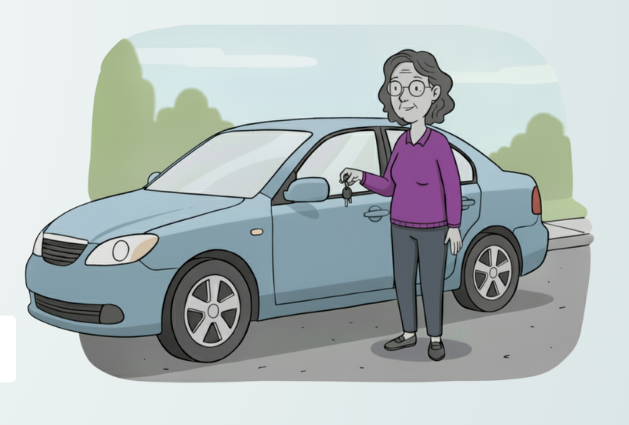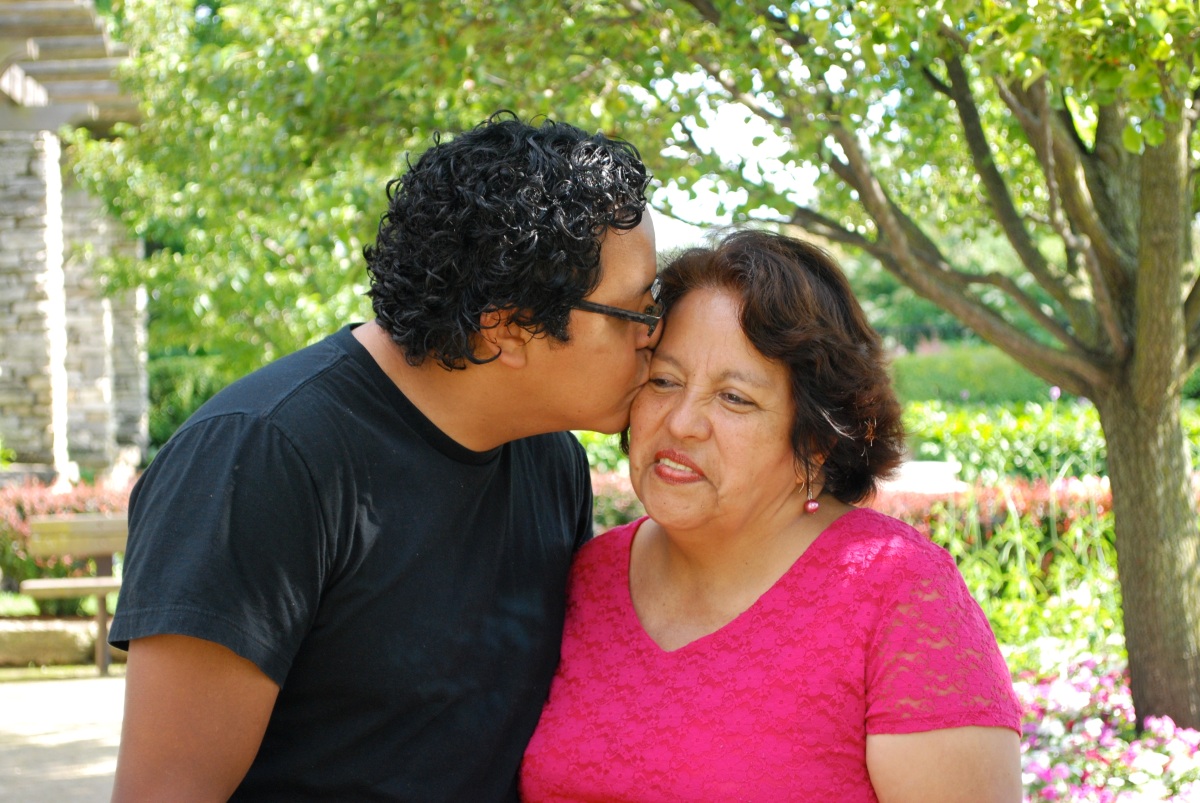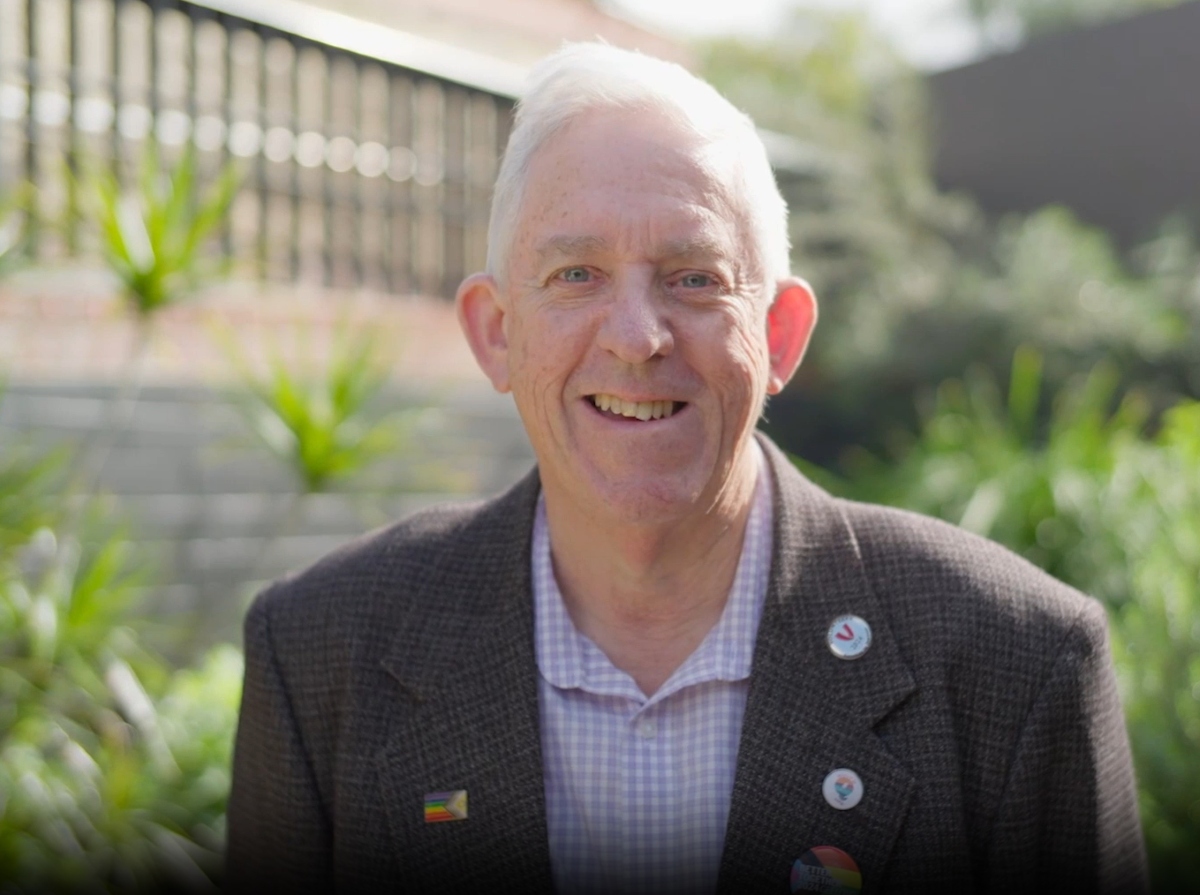Being appointed as an Enduring Guardian or Enduring Attorney by an older person in your life is both a privilege and a great responsibility. It requires empathy, integrity and respect.
The person that appoints you is showing you a deep level of trust, and it is important you honour that by always looking after their best interests.
What is the difference between these two agreements?
An Enduring Power of Attorney (EPA) and Enduring Power of Guardianship (EPG) serve distinct yet equally important roles in caring for a loved one who can no longer make decisions for themselves.
An EPA gives people authority to manage financial and legal affairs, such as paying bills, handling investments, and managing property. An EPA does not cover personal, medical, or lifestyle decisions.
An EPG gives a person or people authority to make decisions about healthcare, living arrangements, and personal well-being. However, an EPG does not include making financial decisions.
Both roles are designed to ensure both a person’s financial and personal affairs are managed responsibly and in their best interests when they no longer have ‘capacity’ to do so themselves.
The law states a person can make their own decisions, unless proven otherwise. This is called having ‘capacity’. Some people slow down mentally, or suffer from memory loss as they age, but this does not mean they have lost capacity.
If you are appointed as an Enduring Guardian or an Enduring Attorney, you do not have the right to make any decisions on the persons behalf unless they are medically assessed as not having ‘capacity’. This is only something that can be determined by a medical professional.
Below we explore the ‘can and can nots’ for each of these roles.
What an Enduring Guardian CAN do
- Make medical and healthcare decisions: Within limits set in the EPG, you can consent to medical treatments, select healthcare providers, and advocate for their medical needs.
- Determine living arrangements: You can decide where the person lives and with who, whether at home, with family, or in an aged care home.
- Make decisions about personal services and supports: You can organise support services such as in-home care, social activities, or rehabilitation therapies.
What an Enduring Guardian CAN’T do
- Make financial decisions: You cannot manage finances or property for the person. That responsibility falls under an Enduring Attorney.
- Make or change their will: You cannot alter their legal will or inheritance decisions.
- Delegate your duties to someone else: You cannot nominate someone else to carry out the role of Enduring Guardian on your behalf.
If you have queries, or are having issues meeting your responsibilities, contact the Office of Public Advocate for assistance.
What an Enduring Attorney CAN do
- Manage and make decisions about finances: You can pay bills, manage investments, budget income, seek financial or legal advice and safeguard their assets to ensure their finances are managed.
- Manage and make decisions about property: You can manage the sale or purchase of property for the person.
- Protect them from financial abuse: You can take action to ensure their money is not accessed by an abuser, and you can also take steps to recover money that has been taken.
What an Enduring Attorney CAN’T do
- Misappropriate funds: You cannot use their income or assets for your own gain, or any other unauthorised purpose.
- Make personal, lifestyle or medical decisions: You cannot make decisions regarding aspects other than financial.
- Make or change the will: You cannot alter their legal will or inheritance decisions.
What you should always do
Whether you are an Enduring Guardian, or an Enduring Attorney, every decision you make must be centred on the person’s needs, preferences, and quality of life. You should always:
- Respect their wishes: If the person has expressed specific values, beliefs, or preferences about their care, these should always guide your decisions.
- Maintain dignity and autonomy: Even if they are unable to make certain decisions, always involve them as much as possible in discussions about their life and finances.
- Consult with professionals: Seek advice from medical professionals, social workers, or legal advisors to ensure you are making informed decisions.
- Keep thorough records: Document the decisions you make and the reasoning behind them to ensure transparency and accountability.
Common Abuses
Unfortunately, in some cases, the role of an Enduring Guardian or Enduring Attorney can be misused and abused. Abuses can range from neglect to outright exploitation, which can have serious legal consequences and, more importantly, harm the very person you are meant to protect.
Some examples are:
- Neglecting their needs: Failing to arrange appropriate medical care, social engagement, or suitable living conditions.
- Making self-serving decisions: Placing them in an unsuitable environment for personal convenience or financial gain.
- Overstepping authority: Making decisions or transactions which exceed the authority of an Enduring Guardian or Attorney’s role.
- Unauthorized transactions – Selling property, withdrawing funds, or making financial decisions that are not in the person’s best interests.
- Failure to pay bills: Neglecting to pay for essential expenses like medical care, utilities, or housing, leading to financial hardship.
- Coercion or undue influence: Pressuring the person to change their will or make financial gifts that benefit the attorney.
- Neglecting responsibilities: Failing to manage assets, investments, or legal affairs, which may result in financial loss.
- Denying access to funds: Refusing to provide money for the person’s daily needs, medical care, or quality of life improvements.
Being an Enduring Guardian / Attorney is a profound responsibility that requires a strong moral compass. Your role is to protect your person’s well-being, ensure they are cared for with dignity, and make decisions in line with their best interests. By acting with integrity and seeking guidance when needed, you can provide the care and support your person deserves, honouring their trust in you.
If you are ever unsure about your responsibilities, seek legal or professional advice to ensure you are acting in accordance with the law and with the best interests of your person at heart.








